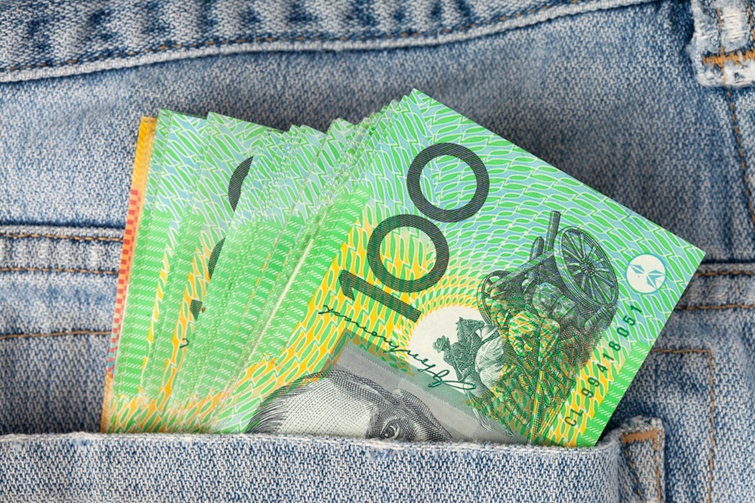Exchange traded funds, more commonly known as ETF’s, provide investors with the option to buy into a fund that trades a particular index or asset class performance.
Getting started in ETF investing is easy for individuals already set up with an online trading account or broker, as they are largely traded on the ASX.

The funds that are available on the ASX include Australian ETF’s, international ETF’s, commodity ETF’s, fixed Income ETF’s, currency ETF’s and cash ETF’s[1], all of which provide exposure to a range of different markets for investors to hedge or diversify their portfolios.
The benefits of ETF investing are that rather than tracking the performance of a particular company, investors have exposure to a range of companies or index. For example, the UBS IQ MSCI Asia APEX 50 Ethical ETF, which returned 30.1 per cent[2] was touted as the best performing ETF of 2018.
With performances such the one outlined above, there is little wonder that ETF investing in the Australian market has grown by over 70% in the past 2 years alone!
This is due to the fund having the economies of scale to purchase particular weightings of stocks, to mirror the performance of the index they are tracking, then issuing shares on the fund themselves. By pooling the assets – or capital investment – from many investors to the fund, the investor is able to increase their buying power and gain access to returns that individuals may simply have not had access to before.
With ETF investing, as with all investing, it is vital that information is sourced, reviewed and experts are advised. Depending on the fund, investors are subject to risks that inexperienced investors may not be aware of.
For example, you decide that ETF investing into an overseas fund is what you are looking to do, then your investment will be exposed to foreign exchange risk as well as the index or market specific risks you are entering into. This is also not always a bad exposure, especially if the Australian dollar falls.
In addition, the derivative or ‘synthetic ETF investing’ market is coming into the ASX and should be reviewed carefully, as they have a range of risks that may be outside the traditional ETF investing market – as with all derivatives.

ETF investing provides a way for new investors to enter the market, risk-averse investors to spread their risk and for all investors to diversify and hedge their portfolios.
Being listed on the ASX and available to anyone with an account to invest in anytime the market is open, it is important that you do your research and speak to your broker or investment advisor before you take ETF investment as part of your portfolio.
[1] https://www.asx.com.au/products/etf/asset-classes.htm
[2] https://www.asx.com.au/education/investor-update-newsletter/201809-the-best-ETFs-in-a-boom-year.htm?ecid=O~E~~~b2b~investor-update~~20189~0039000002JTXcfAAH~
We welcome you to give our team a call to discuss your investment goals and objectives.
You can call Walker Capital Australia on +61 2 8076 2210, and we’ll see how we can help you achieve your investment goals.
For more information on currency investing, check out our full article: Exploring ETF: Exchange Traded Funds.
What are exchange traded funds or ETF's?
Investing in ETFs in Australia
Understanding ASX ETFs - Investing in exchange traded funds in Australia
Walker Capital Disclaimer *
Walker Capital Private Wealth Pty Limited (ABN 86 161 363 097) holds an Australian Financial Services Licence (AFSL No. 436859). You should read and consider the relevant Disclosure Document and the issuer's Terms and Conditions before making a decision about whether to purchase any financial products.
Walker Consulting (Australia) Proprietary Limited t/as Walker Capital Australia (ACN: 602952116) is a Corporate Authorised Representative (CAR No. 1250196) of Walker Capital Private Wealth Pty Limited (ACN 161 363 097) (AFSL no. 436859)
© Copyright 2022 Walker Capital – All Right Reserved